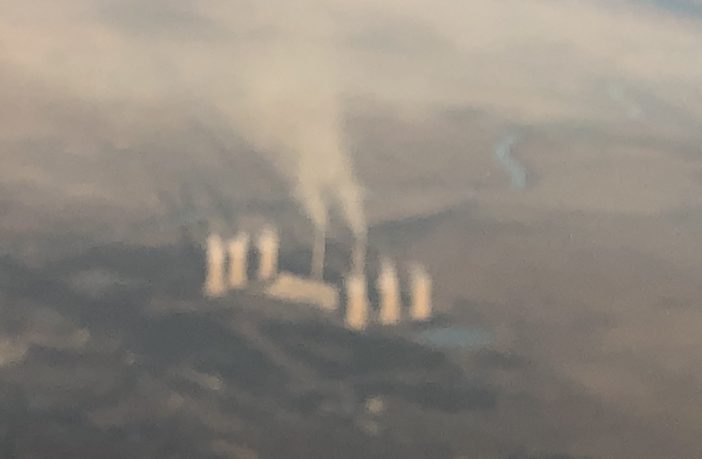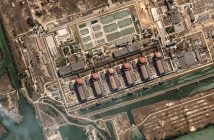- Environmental justice groups in South Africa are celebrating a landmark judgment in the #DeadlyAir case.
- In a landmark judgment pass this week, the High Court has recognised the poor air quality in South Africa’s Mpumalanga Highveld region as a breach of residents’ Constitutional right to an environment that is not harmful to their health and well-being.
- This judgement has important implications for big polluters Eskom and Sasol, as well as for national and local government capacity for air quality management – particularly compliance monitoring and enforcement.
The judgment, which recognises air pollution as a violation of Constitutional rights, is a major victory for environmental justice groups groundWork and Mpumalanga community organisation Vukani Environmental Justice Movement in Action (Vukani). The groups, represented by the Centre for Environmental Rights (CER) as attorneys, first launched the landmark #DeadlyAir litigation in 2019, demanding that government clean up the toxic air in the Mpumalanga Highveld.
“I am so happy that we have succeeded with this court case,” says Promise Mabilo, Vukani Coordinator. This is not only a victory for the applicants and affected communities living in the Highveld Priority Area, but it is also a victory for the affected communities fighting for their right to clean air in South Africa’s other priority areas – the Vaal and the Waterberg.”
In her judgment, handed down in the Pretoria High Court today, Judge Collis found for the applicants – groundWork and Vukani – and ordered government to pass regulations to implement and enforce the Highveld Priority Area Air Quality Management Plan, which is aimed at cleaning up the air on the Highveld to meet health-based air quality standards. Judge Collis found that Environment Minister Barbara Creecy has a legal duty to pass these regulations, and that she has “unreasonably delayed” in preparing and initiating regulations to give effect to the Highveld Plan.
In her judgement she stated: “If air quality fails to meet the National Ambient Air Quality Standards (“National Standards”), it is a prima facie violation of the right. When failure to meet air quality standards persists over a long period of time, there is a greater likelihood that the health, well-being and human rights of the people subjected to that air are being threatened and infringed upon.”
“Today’s judgment is of enormous significance because it recognises that the right to healthy air is one that is realisable here and now (not gradually over time) and that the measures taken by government to date to address the dangerous levels of air pollution in the Highveld are not adequate to protect the rights of Highveld communities whose lives are affected by this pollution on a daily basis”, Bobby Peek groundWork Director.
Speaking after the judgment was handed down, CER attorney Tim Lloyd said: “This victory in the High Court is not only a vindication of the constitutional environmental rights of the organisational applicants, but importantly, this landmark judgment also recognises the incredible determination and bravery of the individuals who provided testimony about the dire impact that air pollution has, not only on their daily lives, but also on their young children.”
Author: Bryan Groenendaal











